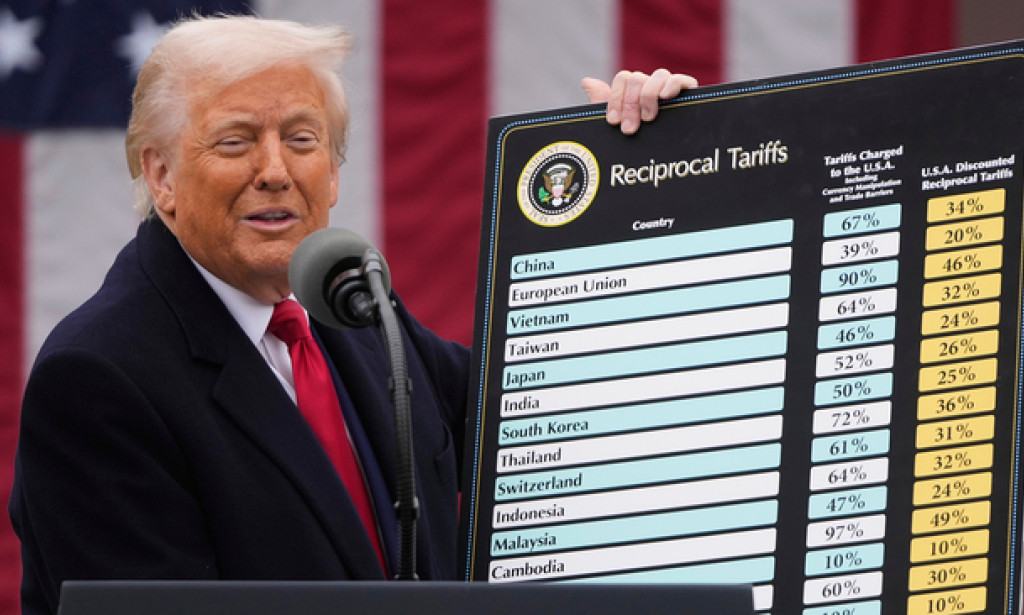The Impact of Tariffs on Cryptocurrency: A Professional Analysis
As cryptocurrencies continue to play a significant role in the global economy, boasting over 580 million users worldwide as of January 2024 (according to Crypto.com), it is crucial to assess the potential effects of new U.S. tariffs on Bitcoin and the broader cryptocurrency market, particularly given Bitcoin's classification as a commodity in numerous jurisdictions, including the United States.
What is the potential impact of tariffs on Bitcoin and the global economy?
James Butterfill: In the short term, the imposition of tariffs is likely to have a detrimental effect on Bitcoin. Unlike gold, Bitcoin possesses a growth component, which means it is sensitive to economic trends and liquidity cycles.
Initially, tariffs may lead to several outcomes:
1. A slowdown in economic growth, which could diminish demand for risk assets such as Bitcoin.
2. An increase in inflation, potentially triggering speculation regarding rising interest rates.
3. A temporary decline in Bitcoin's price, as it often exhibits correlation with equity markets.
However, the long-term outlook presents a different scenario. Eventually, the market will recognize that the U.S. cannot persist in raising interest rates amidst a weakening economy (stagflation). When this realization occurs, Bitcoin is likely to experience a rebound, even as stocks may continue to face challenges.
Currently, Bitcoin's correlation with the NASDAQ stands at approximately 40%, significantly lower than its peak of 72%. Yet, as evidenced during the banking crisis in March 2023, Bitcoin can decouple from traditional markets and function as a safe haven. This dual nature of Bitcoin—as both a volatile asset and a refuge—highlights its unique position in the financial landscape.




You must be logged in to post a comment.